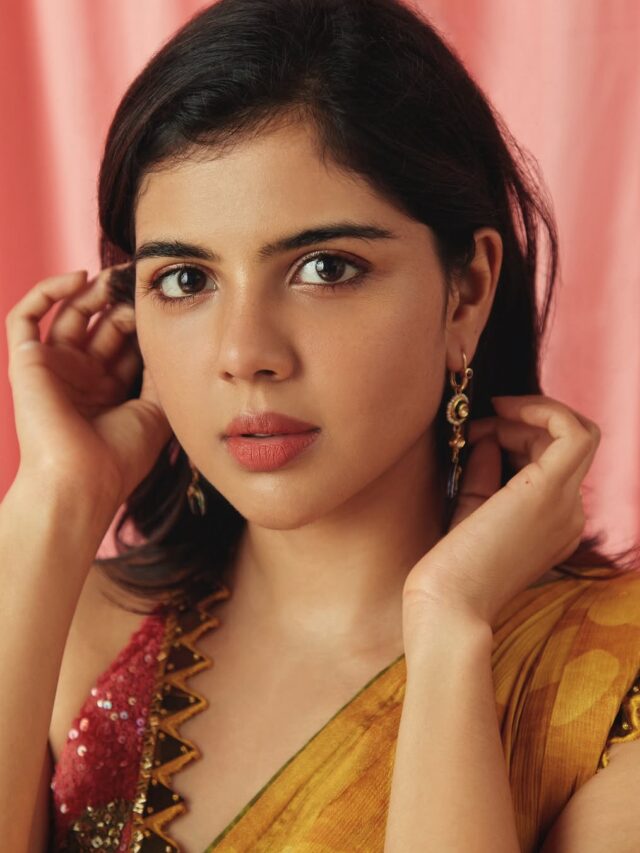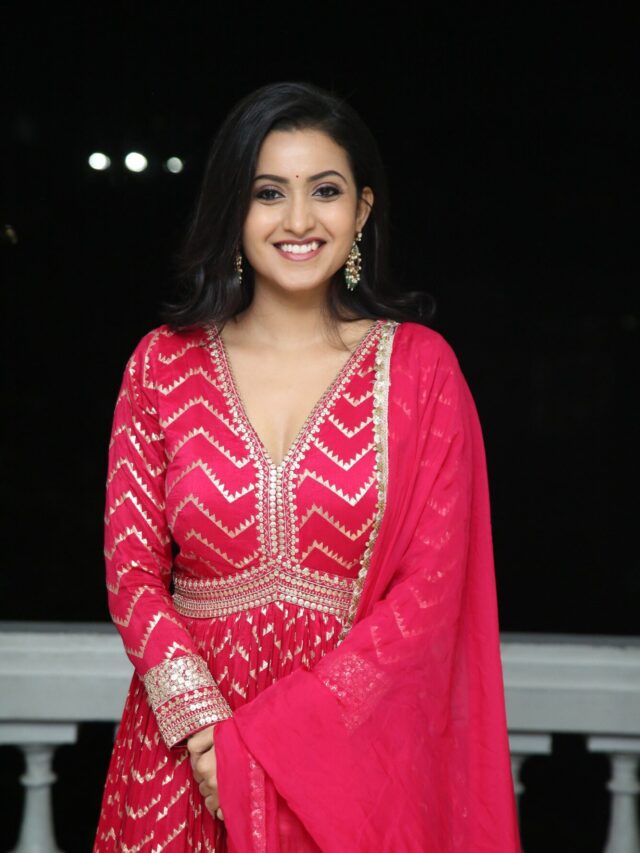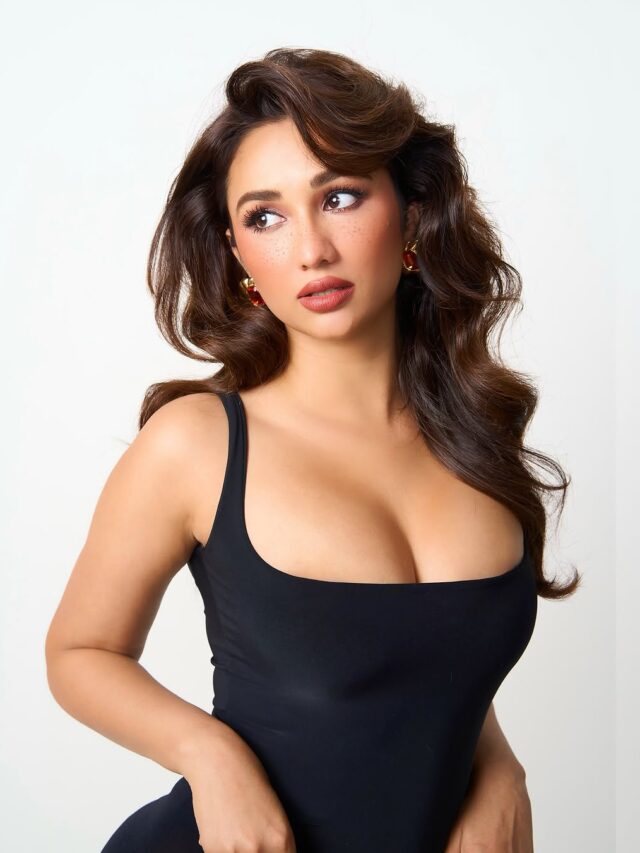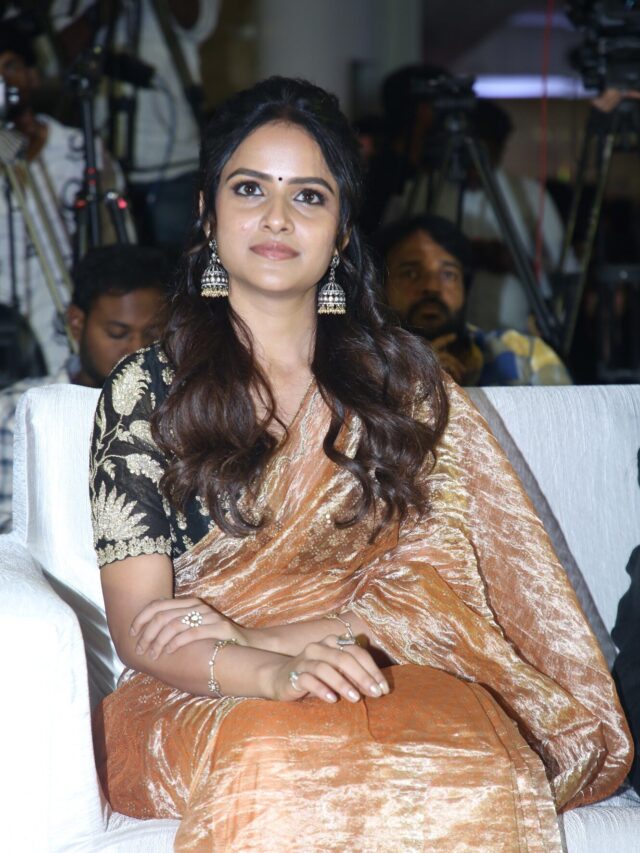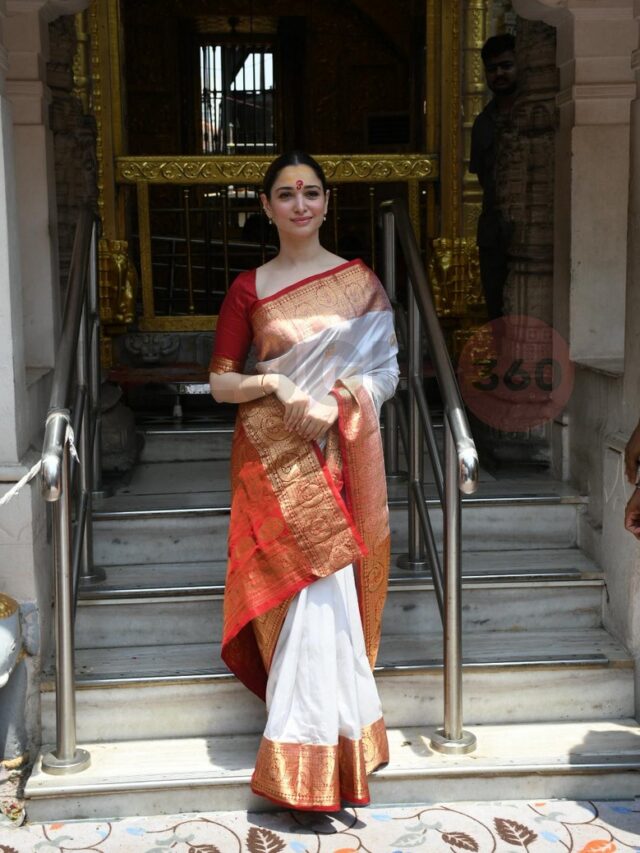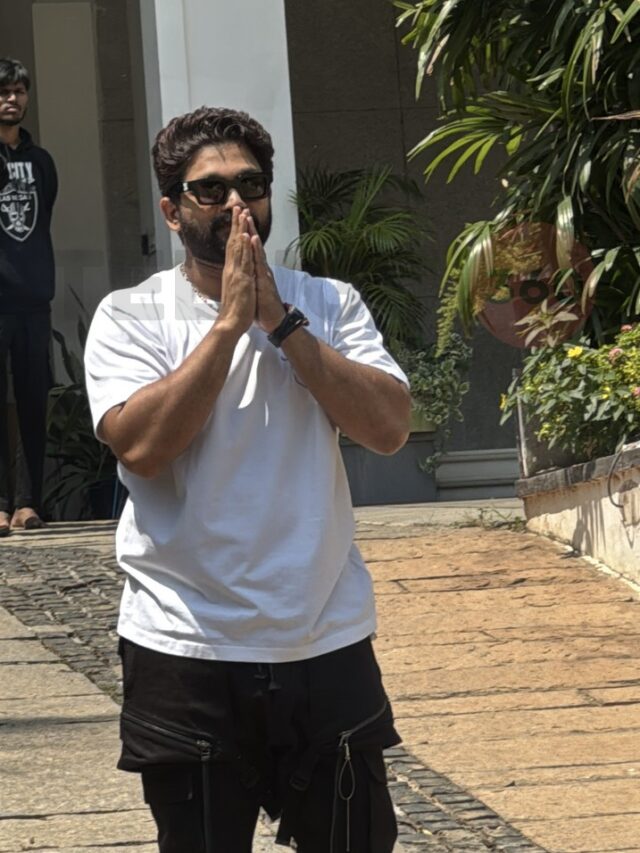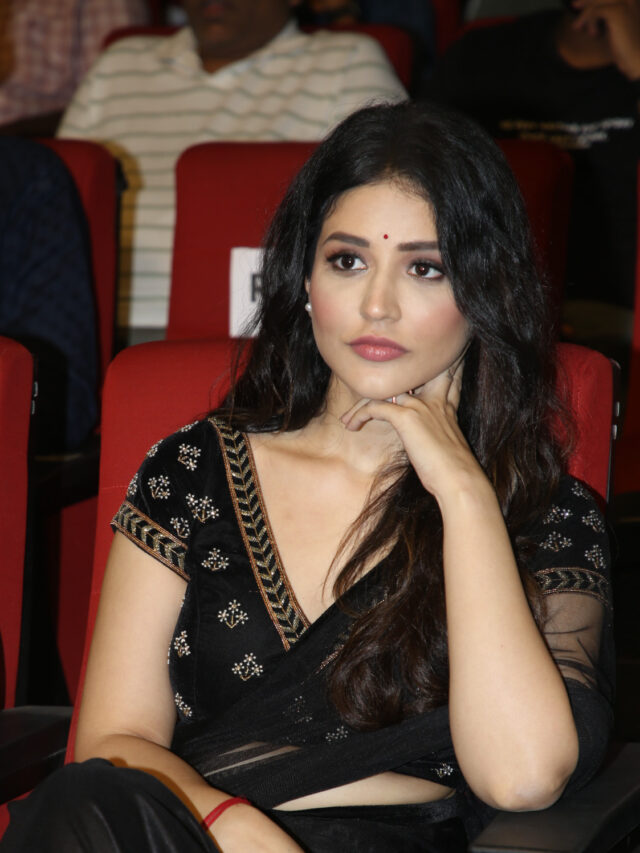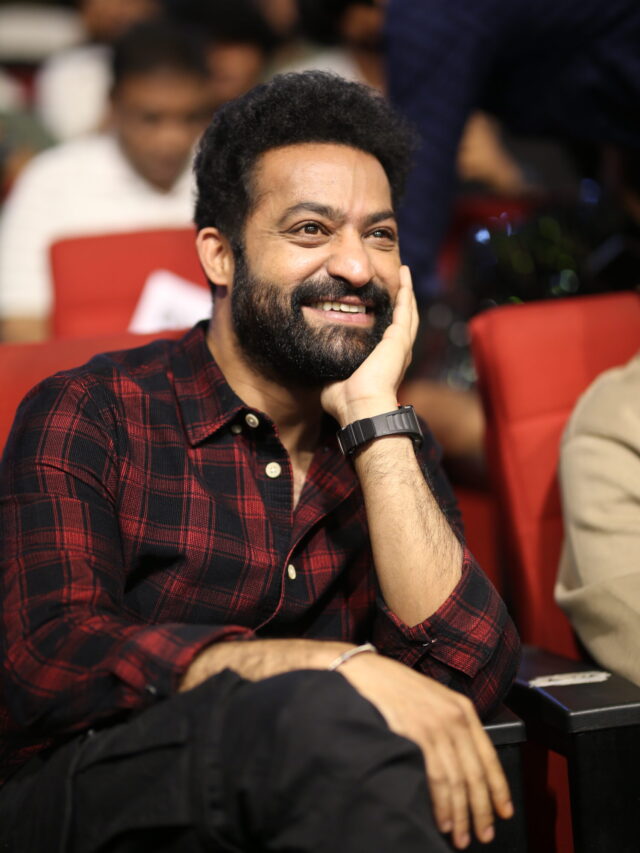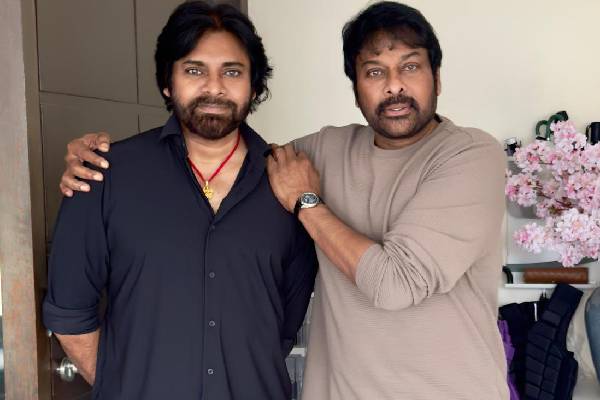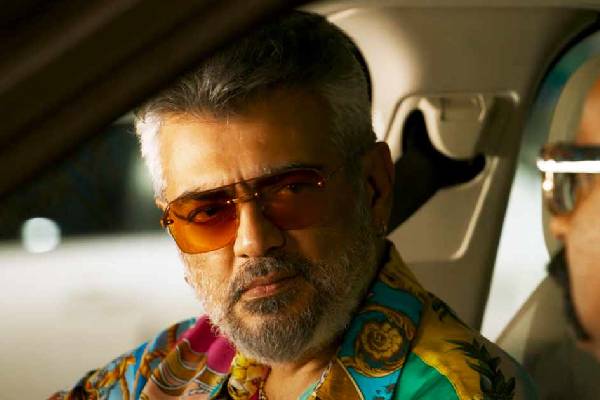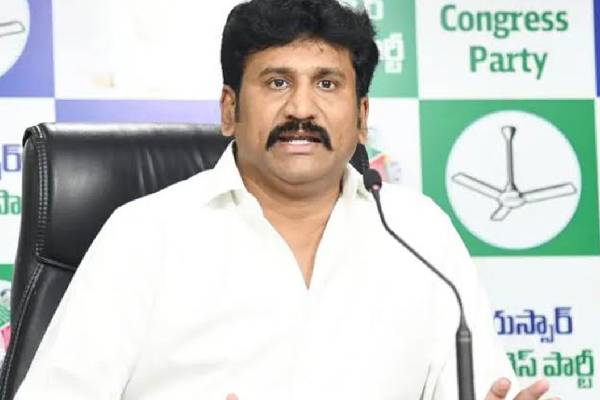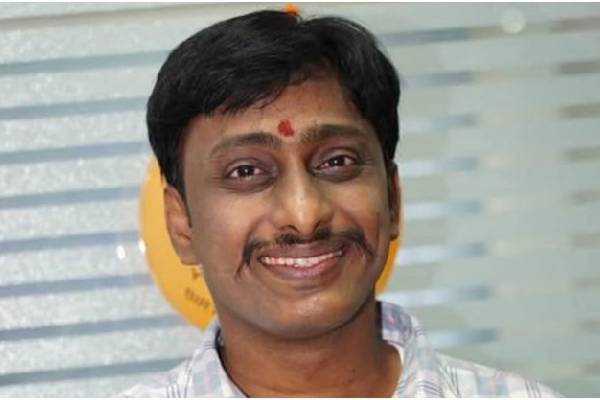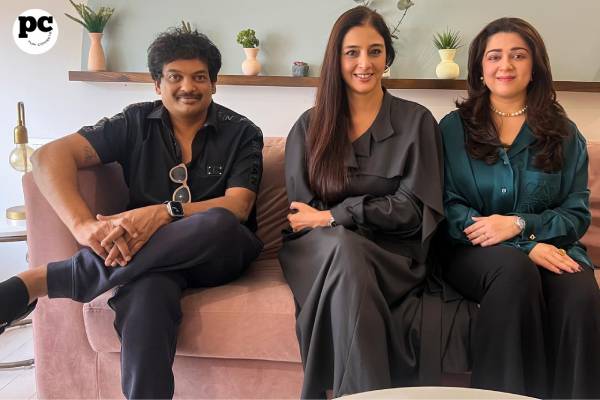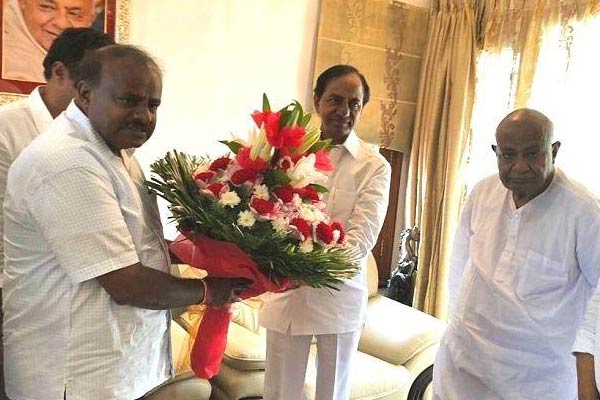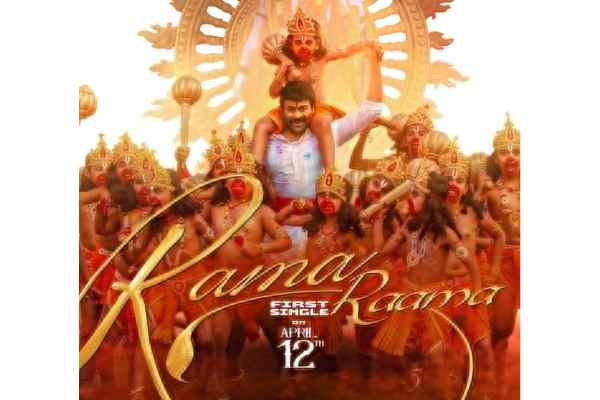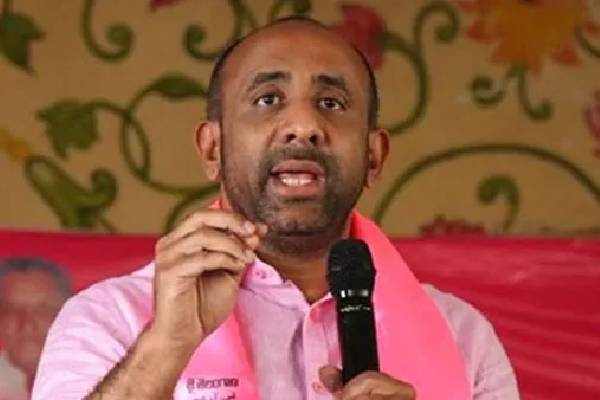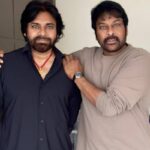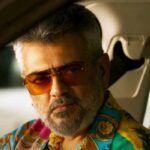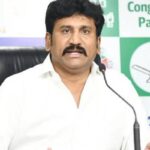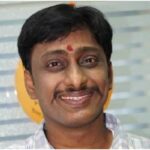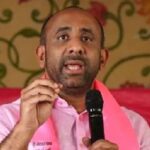Telangana Chief Minister K Chandrasekhar Rao on Friday discussed the proposed people’s front with former Prime Minister H.D. Deve Gowda in Bengaluru.
The Telangana Rashtra Samithi (TRS) chief, who along with some top party leaders reached Bengaluru in a special aircraft, called on Janata Dal-Secular leader and discussed national politics.
Deve Gowda’s son and former Karnataka Chief Minister H.D. Kumaraswamy and well-known actor Prakash Raj were also present during the meeting.
KCR, as Chandrasekhar Rao is popularly known, later told reporters that he came to Bengaluru to seek Deve Gowda’s blessings and the JD-S leader extended his support to the initiative to form a front.
He reiterated that the front was proposed not to play “silly politics” but was aimed at bringing qualitative change in the country’s politics. He said the front would bring together farmers and masses of India.
KCR said both the Congress and BJP, who together ruled for over 65 years, miserably failed to deliver. He said the national agenda of the proposed front will be unveiled before 2019 and any party who agrees to this agenda can join the front.
“Whosoever agrees to agenda will be welcomed. We will provide room for everybody,” he said.
Deve Gowda is the second key leader KCR had called after proposing the front. Last month, he had discussed the proposal with West Bengal Chief Minister and Trinamool Congress leader Mamata Banerjee.
Former Jharkhand Chief Minister Hemant Soren of the Jharkhand Mukti Morcha and Prakash Raj had also extended their support to KCR’s efforts.
Meanwhile, KCR declared his support to JD-S in the next month’s Karnataka elections and appealed to Telugu speaking people living in Karnataka to vote for it. He said he was ready to campaign for the party in Hyderabad-Karnataka region and wherever his services were required.
Referring to Cauvery water dispute between Karnataka and Tamil Nadu, the TRS chief said the inaction and inability of Congress and the BJP was to be blamed for this and other inter-state water disputes. He said though India had 30,000 TMC excess water, there was no water for drinking and for irrigation in many parts of the country.




